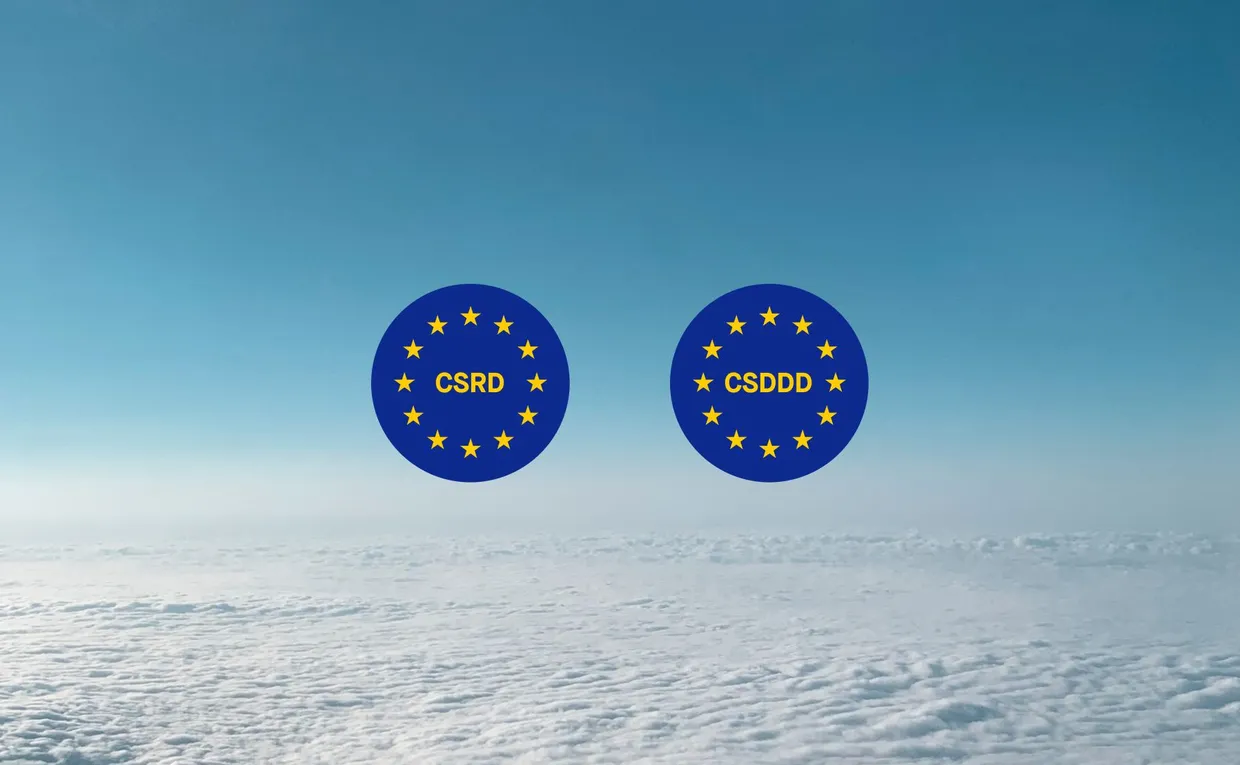Businesses falling under the scope of the CSRD will be obligated to adhere to the European Sustainability Reporting Standards (ESRS). These guidelines were formulated by the European Financial Reporting Advisory Group (EFRAG), an autonomous entity bringing together diverse stakeholders.
Central to the CSRD is the concept of double materiality, which requires organizations to report on how their activities affect the planet and society, as well as how their sustainability goals and risks impact their financial performance. This comprehensive reporting framework represents a significant expansion of its predecessor, the Non-Financial Reporting Directive (NFRD).
What does the delay mean for businesses operating in the EU?
For businesses operating within the EU, the delay primarily impacts the rollout of sector-specific ESRS. These standards were envisioned to further refine and tailor reporting requirements according to industry specifics. However, with this delay, businesses now have additional time to focus on implementing the broader ESG disclosures mandated by the CSRD for their annual reports starting from 2024 onwards. This extended timeline offers companies a window to streamline their sustainability reporting practices and ensures smoother compliance with the forthcoming sector-specific standards.
Note that from this year, the CSRD will still progressively impact 40,000 EU companies.
Which sectors are affected?
The sectors impacted by the delay in sector-specific standards cover a wide range of industries, including oil and gas, mining, road transport, food, cars, agriculture, energy production, and textiles. These sectors were slated to have specific guidelines tailored to their unique environmental and social considerations.
What does it mean for non-EU businesses?
Companies headquartered outside of the EU, but with subsidiaries or operations within it, must also take note of the delay in sector-specific standards and reporting obligations. The postponement until 2026 provides these entities with an extended timeframe to align their reporting practices with EU standards. While this delay may offer some breathing room, it’s crucial for non-EU businesses to stay informed and prepared for eventual compliance with the CSRD requirements to maintain transparency and credibility in their sustainability reporting efforts.
What is the aim of the two year delay?
The aim of the delay is to ease the reporting burden and to allow companies more time to focus on initial, broader ESG disclosures required in their annual reports for 2024 and onwards under the CSRD. As the drafting of sector-specific standards proves more intricate than anticipated, the postponement aims to facilitate a smoother and more comprehensive implementation process for businesses operating in these sectors.
In conclusion
This decision underscores the EU’s commitment to fostering transparent and comprehensive sustainability reporting practices, albeit with a more pragmatic approach towards implementation timelines. As negotiations proceed and final legislation takes shape, businesses—both within and outside the EU—should remain vigilant and proactive in adapting to evolving regulatory landscapes, ensuring that their sustainability efforts align with the overarching goals of the CSRD.
How can Sweep help with the CSRD?
The CSRD ready-to-use questionnaires developed by our experts enable you to efficiently gather all the disclosure related data you need. We ensure transparency and help you save precious time thanks to automation and digitalization.
Skip the headache and let the platform manage all the calculations and aggregations for you.
The tool is easy to use for you and the companies in your value chain, with all the support and guidance you need to kickstart your journey.
Find out more about how we can help you stay compliant.




